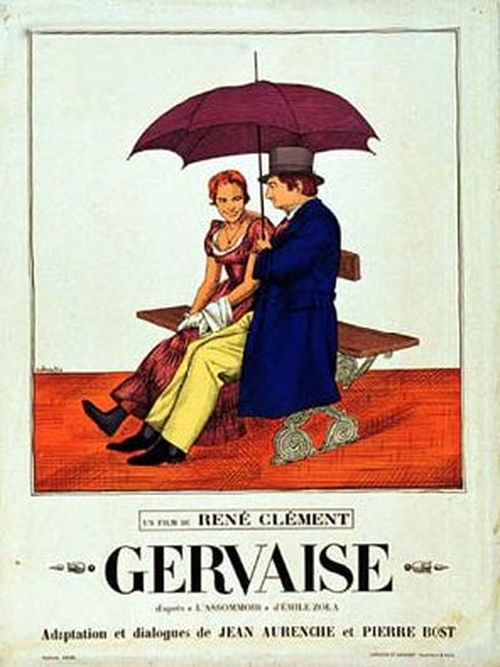

Runtime
Category
Language
Director
Actors
Gervaise
Watch it Later
Watch it On
What's it About
Based on a book by Émile Zola, this bleak, tragic tale, set in Paris in 1877, concerns an impoverished washerwoman, Gervaise (Schell), who, with the help of a friend, seizes her only chance for success and opens a laundry. However, her efforts are consistently stymied by the men in her life: her former lover Lantier (Mestral), who initially abandons her, and husband Henri Coupeau (Périer), who becomes a drunk after an accident leaves him disabled. Eventually the weak Coupeau invites Lantier to live with them, when he, in turn, is deserted, which scandalizes the community and drives away business. As conditions go from bad to worse, it becomes clear that a major casualty will be Gervaise's young daughter, Nana. But she won't be the only one.
